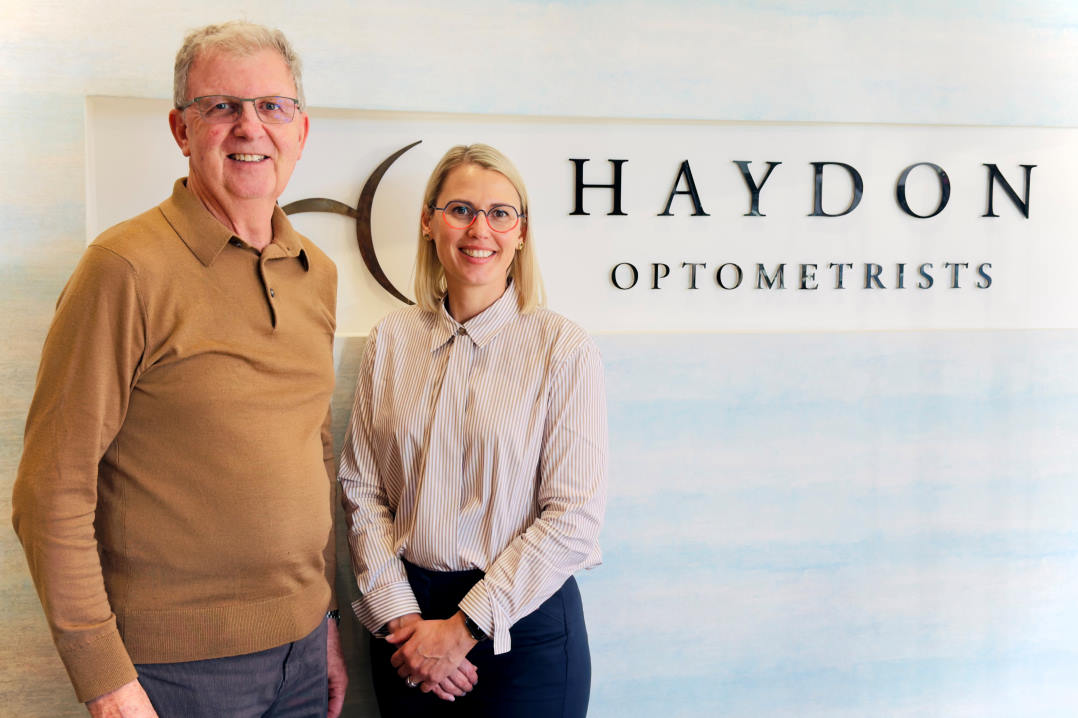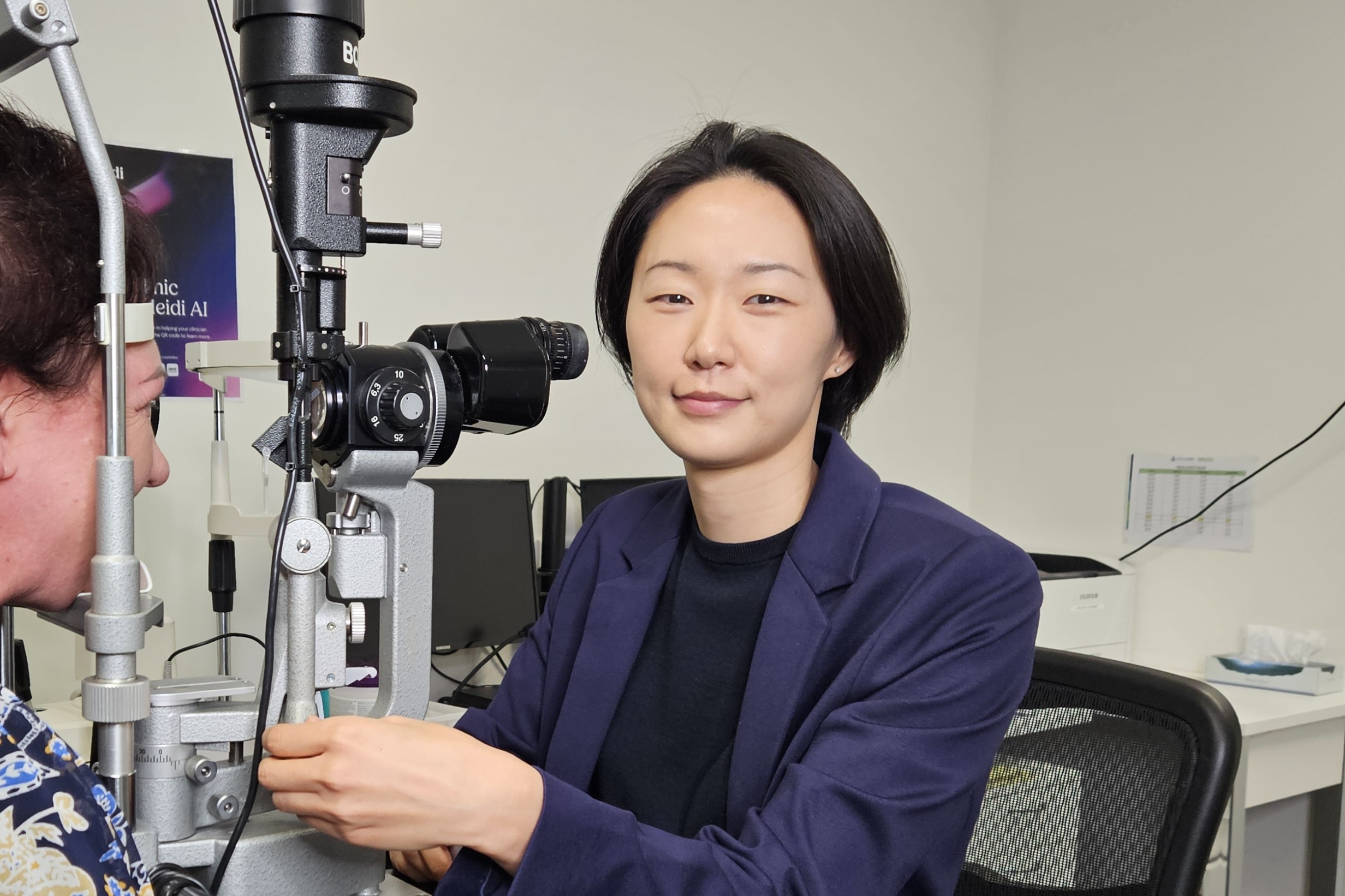Glaucoma blindness intervention in sight
In a world first, ophthalmologists at Flinders University, South Australia, will trial an early-intervention laser treatment designed to treat people at high risk of losing sight from glaucoma.
Chief investigator Professor Jamie Craig from the College of Medicine and Public Health has been awarded more than AU$1.7 million by the National Health and Medical Research Council (NHMRC) to explore the effectiveness and suitability of selective laser trabeculoplasty, proven to slow disease progression by lowering pressure inside the eye, as an early intervention for those at risk. This project follows on from Prof Craig’s development of a glaucoma polygenic risk score (PRS), which identifies individuals at high risk of becoming blind from glaucoma.

Prof Jamie Craig
“We have developed a tool that can identify individuals who are deemed at high risk of losing their vision from glaucoma. However, there is still a major gap between identifying them and how they may be safely treated. Early detection and treatment of those most at risk of vision loss is fundamental to reducing the disease burden for patients and the health care system,” said Prof Craig. If the trial demonstrates the strategy is effective in reducing visual issues and blindness from glaucoma, it will improve patients’ quality of life, allow them to continue working and driving, reduce their risk of falls and lead to cost savings for the health system, he said.
The research project will recruit 500 genetically at-risk glaucoma suspects into a randomised controlled trial. After receiving laser treatment, participants will be monitored twice a year over a two-year period.
Prof Craig has also made discoveries on the genetic basis of glaucoma using a pioneering international registry of cases of vision loss. This approach led to genome-wide association studies identifying multiple genes associated with glaucoma susceptibility. These discoveries are now moving into the clinic as risk profiling for individuals becomes a reality.
For more on Prof Craig’s research, click here.
























